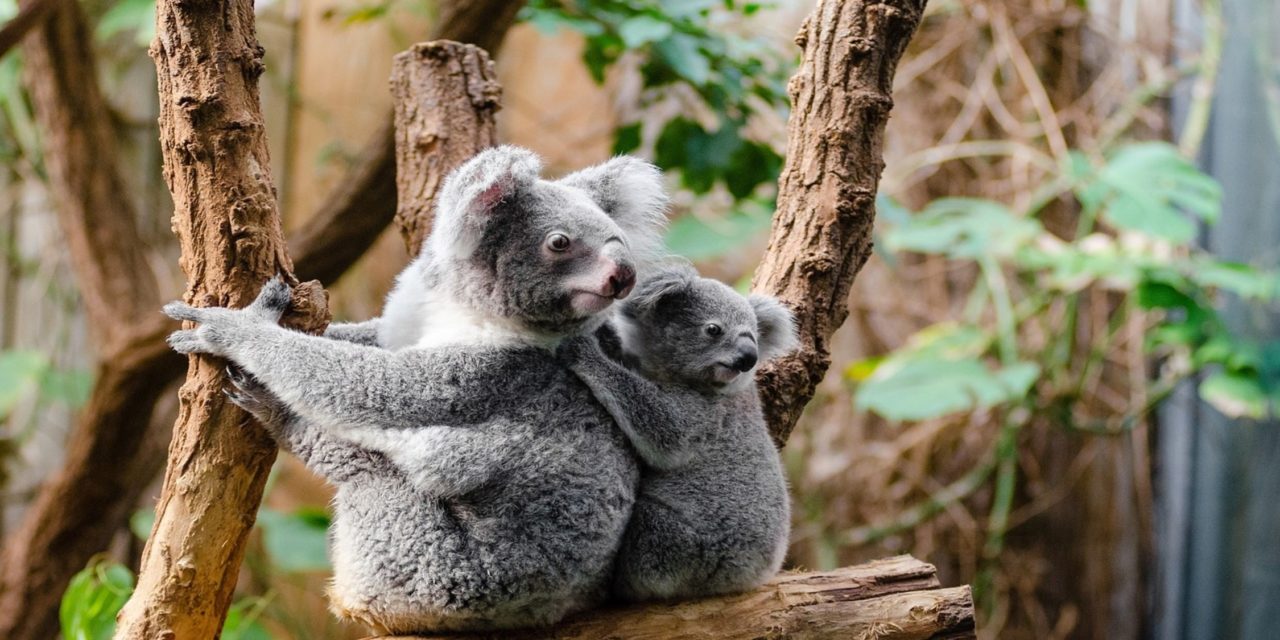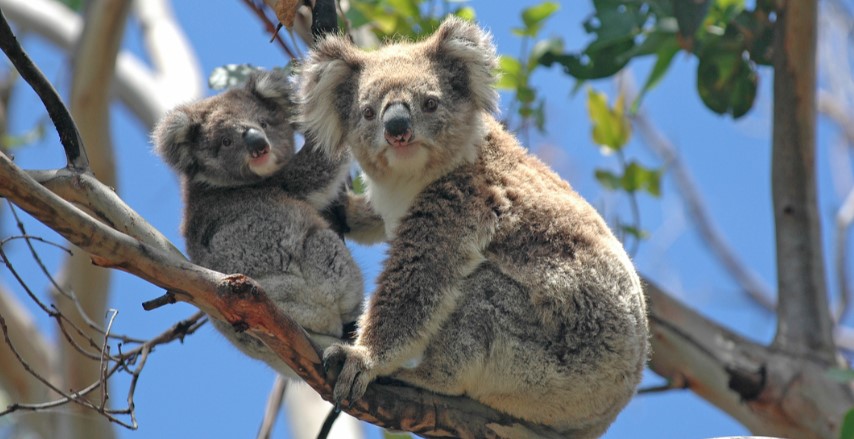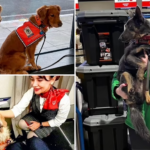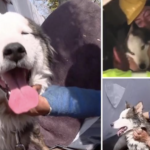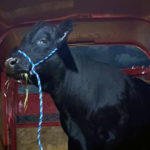With the coronavirus outbreak, we somehow forgot about the wildfires that were ravaging through Australia since September. In case you didn’t know, there are currently no fires in Australia. At least 3,000 homes were destroyed, 28 people were left dead and more than a billion animals have been affected during the wildfires. Some of the animal species are in danger of extinction.
Now, Science for Wildlife, a non-profit organization, is willing to search for displaced koalas and return them where they actually belong – in the wild.
Read More: Americans Turn To Dogs For Help To Combat Coronavirus Stress
This information is necessary, so they can plan how to recover the population since koalas are vulnerable to extinction. There were around 3-4 million koalas once in Australia. That number had reduced to 300,000 which is very sad.
Science for Wildlife is using most of its resources to find and conserve koalas. The Blue Mountain Koala Project started in 2014 after it was found out that the area is very important for the animals.
The mountains are under protection and a sanctuary for displaced koalas can be built in this particular region. The organization also created an app called “Koala Spotters” and residents can notify when they see a koala.
The organization is now asking the residents to participate in field surveys in order to gather reports of koala sightings from numerous communities. Volunteers can use an online form or email the organization directly.
Once the organization finds the koalas, they immediately conduct research on the sites. They also follow the koala’s movements in order to find their habitats and other useful information that can help conserve the koalas.
Over 8,000 koalas have been killed in the fires. Hopefully, the Science for Wildlife will help increase the number of the koala population.

